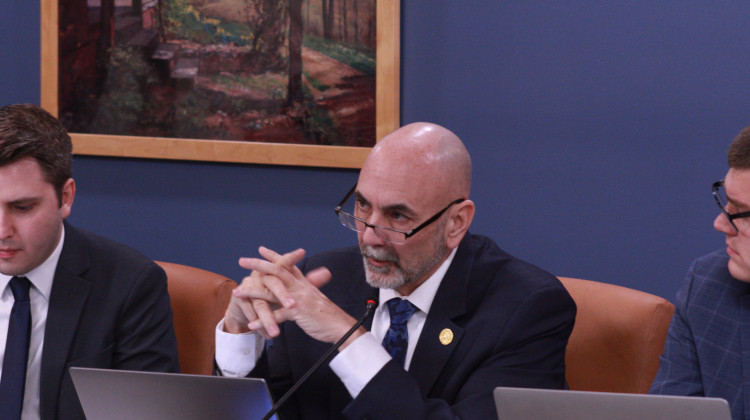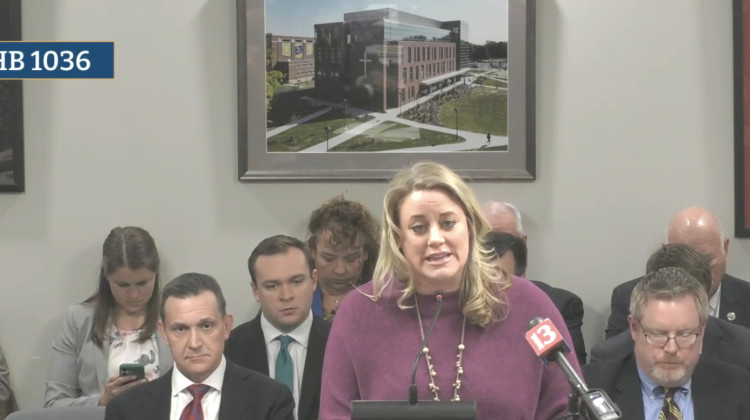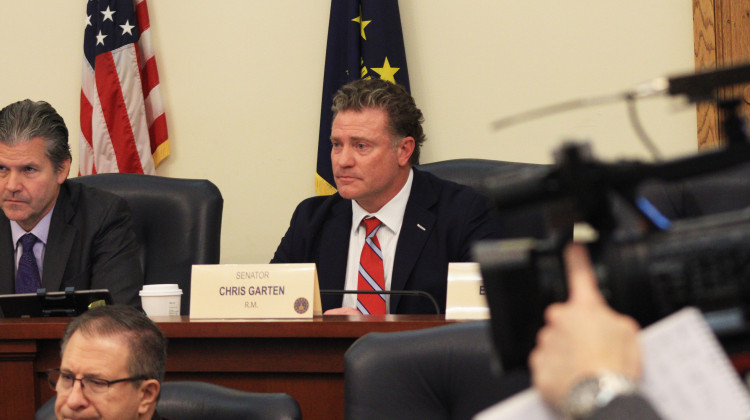
Prosecutors allege Dr. John Sturman recklessly overprescribed pain medication that led to the deaths of three of his patients.
INDIANAPOLIS -- A former IU Health neurologist has made his initial appearance in Marion County criminal court – pleading not guilty to three counts of reckless homicide and 16 counts of writing invalid prescriptions.
Prosecutors allege Dr. John Sturman overprescribed pain medication that led to the deaths of three of his patients.
The investigation into Sturman began in 2012, after two former patients and an addictions counselor came forward alleging the doctor failed to establish a medical need for the high doses of narcotics he was prescribing. Prosecutor Tim Delaney alleges this wasn’t a “medical mistake.”
“These acts were alleged to be done with no legitimate medical purpose – or outside the usual scope of the doctor’s practice,” Delaney said.
Sturman defense attorney John Tompkins says this case is troubling for doctors and people needing help with pain management.
“When doctors who are trying hard to work with difficult patients who have multiple challenges realize that if they make a legitimate medical error they could face criminal prosecution - and that poses a real threat to patients who may not be able to get proper care because of fear doctors have about improper prosecutions,” Tompkins said.
A jury trial has been set for October 15.
 DONATE
DONATE






 Support WFYI. We can't do it without you.
Support WFYI. We can't do it without you.